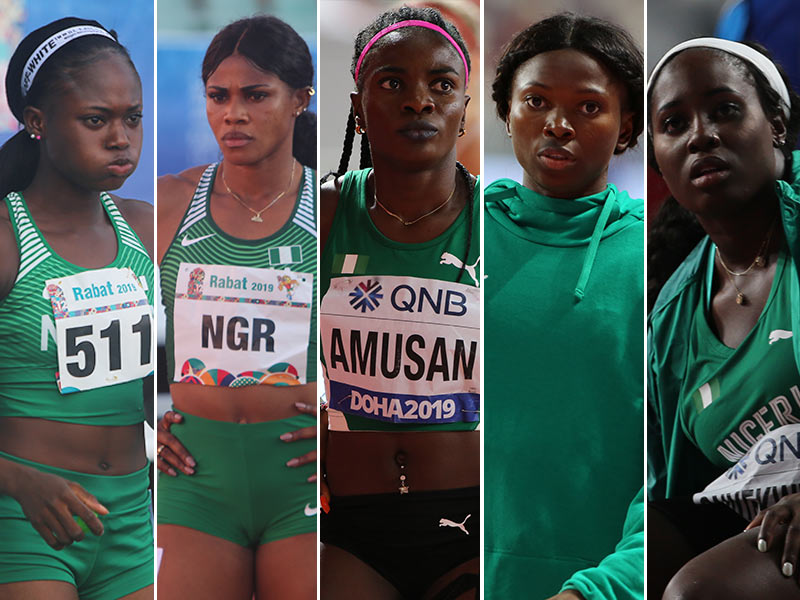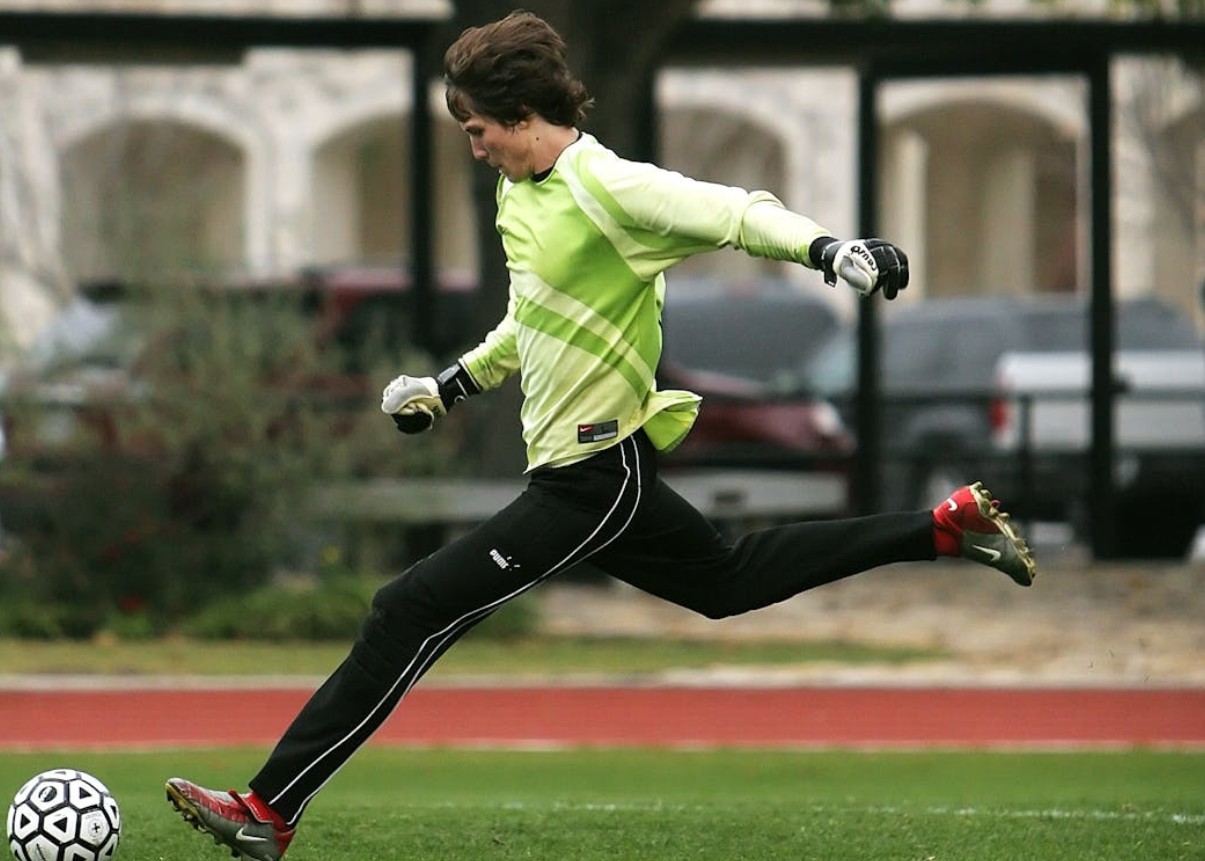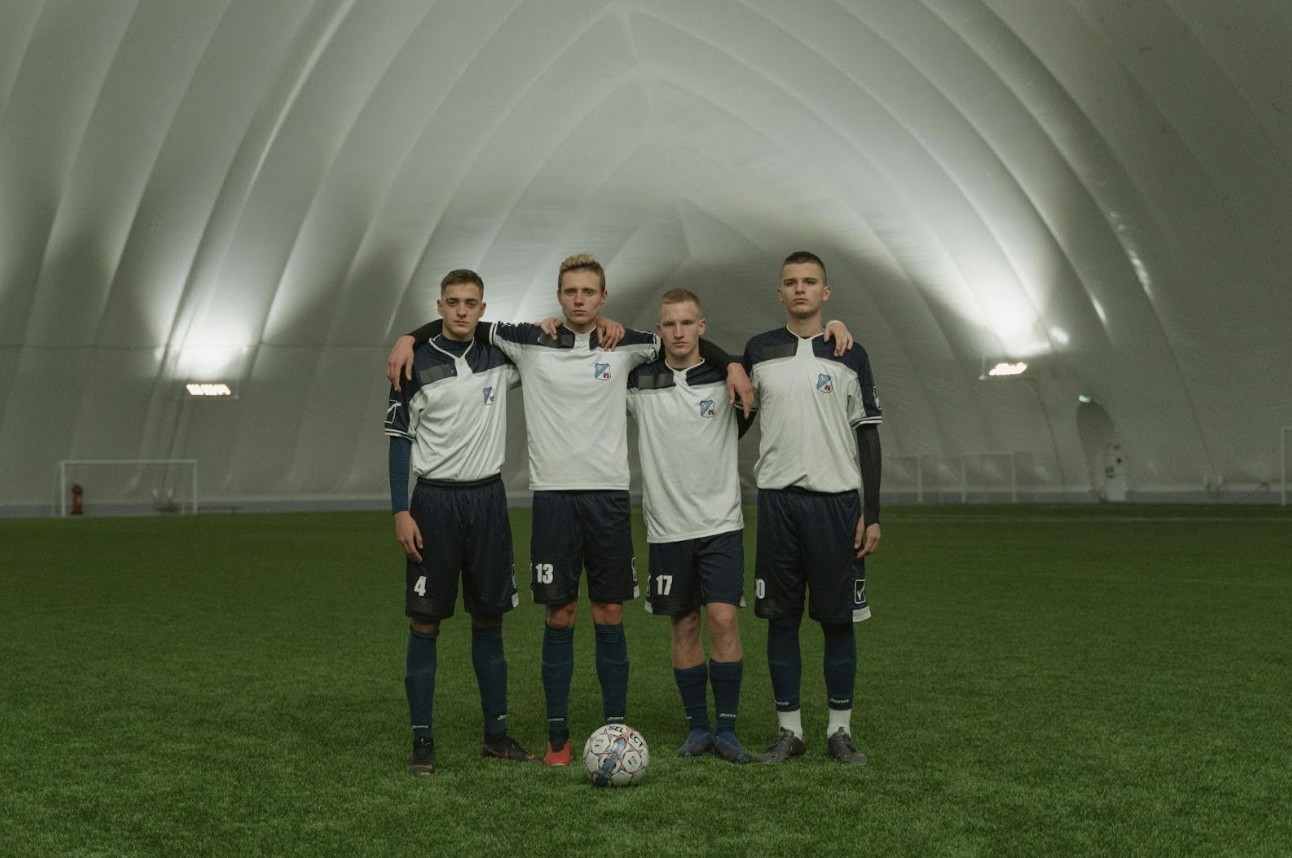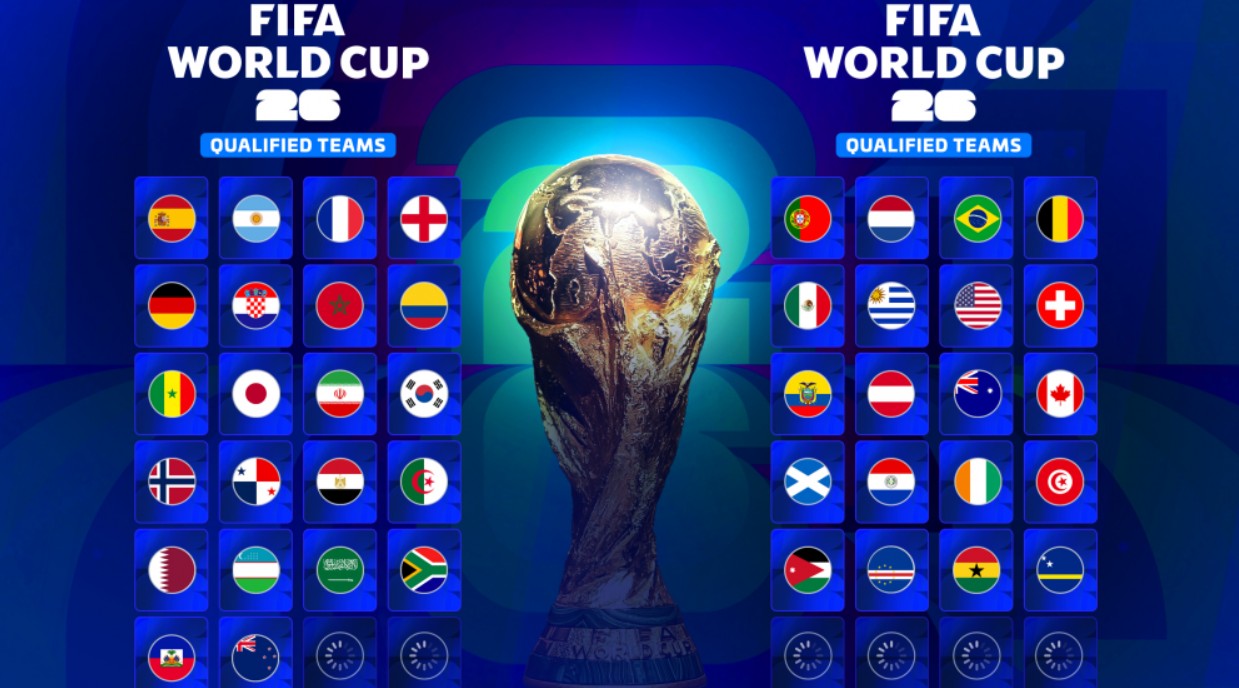Encouraging Participation Among Women and Girls In Sports Across Nigeria
Sports have always been a powerful medium to foste

Sports have always been a powerful medium to foster inclusivity, build confidence, and inspire individuals to reach their full potential. However, when it comes to women and girls' participation in sports, there is often a noticeable gender disparity. In Nigeria, this gender gap persists, preventing many talented female athletes from pursuing their passion and reaping the numerous benefits that come with sports engagement. Thankfully, in recent years, innovative platforms like MerryBet Mobile have emerged, revolutionizing the landscape and paving the way for increased female representation in sports across the country.
The MerryBet mobile platform, with its user-friendly interface and wide range of sporting events, has become a game-changer in promoting gender equality in sports. By leveraging the power of technology, MerryBet has effectively democratized sports betting, making it accessible to everyone, irrespective of their gender or location. This newfound accessibility has opened up unprecedented opportunities for women and girls to actively participate in sports, not only as fans but also as athletes.
The Gender Gap in Sports: Understanding the Challenges
The gender gap in sports across Nigeria is a complex issue that arises from various societal and cultural factors. Deep-rooted stereotypes, limited opportunities, and societal expectations often discourage girls and women from actively participating in sports. Traditional gender roles and expectations prioritize domestic responsibilities over sports, perpetuating the belief that sports are primarily a male domain. Additionally, the lack of adequate infrastructure, funding, and resources specifically tailored to support female athletes further widens the gender gap. It is crucial to recognize these challenges and address them systematically to create an environment where women and girls feel encouraged and empowered to pursue their sporting ambitions. By understanding the unique obstacles they face, we can work towards creating sustainable solutions that bridge the gender gap and unlock the immense potential that lies within the untapped talent of women and girls in Nigerian sports.
The Gender Gap in Sports: Understanding the Challenges
The gender gap in sports continues to be a pervasive issue that demands our attention and understanding. Despite significant progress in recent years, disparities persist in areas such as participation, media coverage, and resource allocation. One of the main challenges is the cultural and societal norms that perpetuate gender stereotypes and biases, often discouraging girls and women from pursuing sports or limiting their opportunities to excel. From a young age, girls are often encouraged to engage in more "feminine" activities, while boys are directed towards sports, resulting in fewer opportunities for girls to develop their athletic abilities. This early gender socialization contributes to the lack of representation and opportunities for women in sports and reinforces the notion that sports are primarily a male domain. Moreover, media coverage tends to focus more on male athletes, reinforcing the message that women's sports are less important or exciting. Without addressing these challenges and creating a more inclusive and supportive environment, the gender gap in sports will persist, depriving talented individuals of the opportunity to reach their full potential and diminishing the overall progress of gender equality in society.
Building a Supportive Ecosystem: Resources and Initiatives for Women and Girls
Building a supportive ecosystem is crucial for addressing the gender gap in sports and creating equal opportunities for women and girls. To achieve this, a multi-faceted approach is necessary, encompassing various resources and initiatives. One key aspect is the provision of accessible and quality sports facilities and equipment. Ensuring that girls have equal access to safe and well-maintained sports facilities is essential for their participation and skill development. Additionally, it is crucial to establish sports programs and leagues specifically designed for women and girls, creating spaces where they can thrive and compete at all levels. These initiatives can be supported by governments, educational institutions, and community organizations, which should allocate resources to promote gender equality in sports. Furthermore, collaborations between sports federations, sponsors, and media outlets can play a vital role in increasing the visibility of women's sports. By providing equal coverage and representation, media can help challenge gender stereotypes and inspire more girls to participate in sports. Additionally, mentorship and leadership programs can empower female athletes, coaches, and administrators, fostering a supportive network that promotes their growth and advancement in the sporting world. Finally, promoting sports as a tool for empowerment and social change can help shift societal attitudes towards gender equality. By highlighting the positive impact of sports on physical and mental well-being, teamwork, and self-confidence, we can encourage more girls and women to embrace their athletic potential. Ultimately, building a supportive ecosystem for women and girls in sports requires collaborative efforts from all stakeholders to break down barriers, challenge gender biases, and create lasting change.







